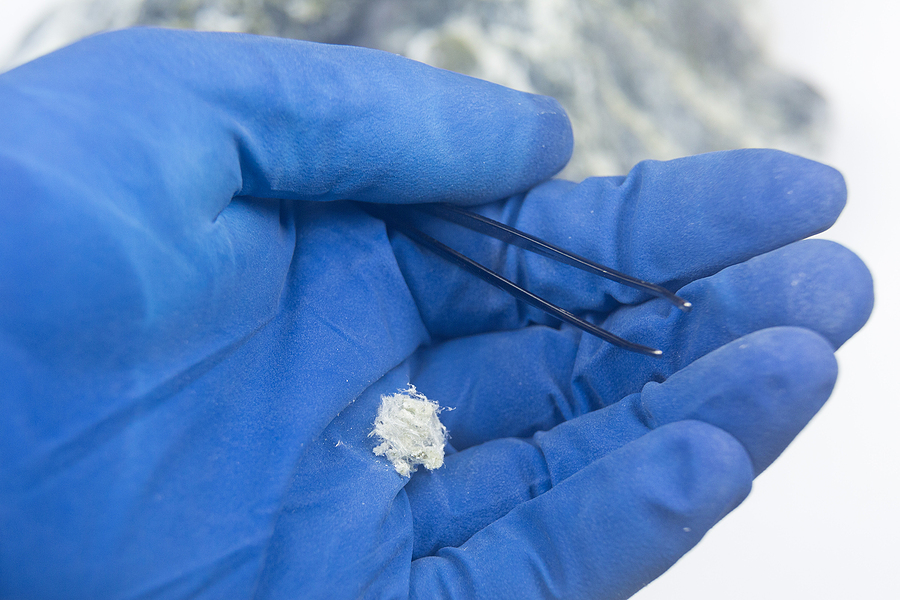
We’re all aware that asbestos is hazardous to one’s health. If you haven’t experienced its damaging effects in someone close to you, then you’ve at least witnessed the countless personal injury ads on television. Given the widespread knowledge of this dangerous substance and its liberal use in the past, it’s reasonable to fear that asbestos may be present in an older home. If you’re looking to sell or invest in a new property, you’re likely concerned about what happens if a home inspector finds asbestos.
Why Is There Asbestos in Homes?
Before delving into the steps following the discovery of asbestos, it’s important to first understand why it was used in the first place. Asbestos was once hailed as a “miracle mineral,” and before its ban in 1989, it was used in a variety of products and construction materials, including insulation, concrete, paint, and roofing, due to its fireproof qualities. Nowadays, we know that if this mineral is disturbed, it releases microscopic fiber that, when inhaled, can cause serious health complications – most notably mesothelioma.
What Happens Once A Home Inspector Identifies Asbestos?
If a home inspector discovers suspected asbestos in your or your prospective property, they may begin by referring you to an asbestos specialist. It’s extremely dangerous and illegal in most states to interact with asbestos without the appropriate licensing, as it can be disturbed, causing the release of harmful airborne asbestos fibers. Since it’s a tricky substance to identify, it’s important you entrust an experienced home inspector.
Disclosing Asbestos to the Buyer
Once you’re aware of its presence, you cannot feign ignorance. In most states, although you’re not obligated to do anything about the asbestos, it’s illegal to not disclose its presence to a potential homebuyer. However, not all asbestos is an immediate concern. If asbestos is in good condition – meaning not damaged whatsoever – it’s not an imminent threat to one’s health, so the buyer may elect to proceed with the offer. Only when in poor condition do asbestos-containing products such as floor or ceiling tiles release dangerous airborne fibers that can damage the lungs.
What happens after a home inspector finds asbestos depends on how the seller or buyer wishes to proceed. If in good condition, it’s not an immediate threat to the occupant’s health, but if the asbestos-containing material is damaged, it’s crucial to remove or remediate the hazardous material. At Homeinex Corporation, we’re equipped to identify the warning signs of asbestos and other hazardous substances during our home inspection. If you’re concerned about the presence of asbestos or want to schedule a comprehensive home inspection, contact us today.